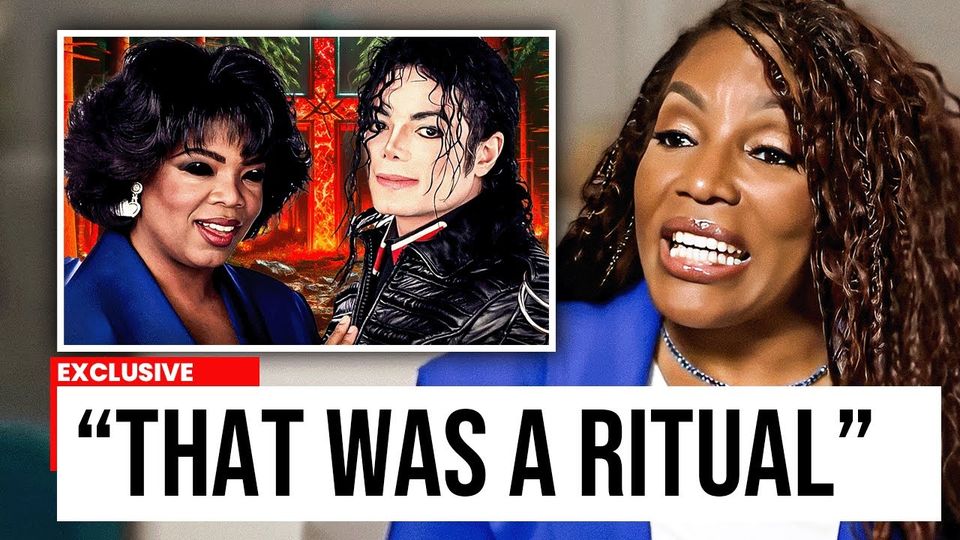Stephanie Mills CALLS OUT Oprah Winfrey For Sacrificing Michael Jackson?
In the midst of ongoing controversies surrounding the untimely demise of
the King of Pop, Michael Jackson,
singer Stephanie Mills has made bold claims against media mogul Oprah Winfrey,
accusing her of sacrificing Jackson, which she believes ultimately led to his demise.
Mills’ comments have sent shockwaves through the King of Pop’s fanbase, reigniting discussions about the true circumstances surrounding Jackson’s death. Her remarks come after years of speculation and curiosity regarding the events leading up to Jackson’s passing.

Oprah Winfrey, renowned for her philanthropy and hosting prowess, has faced criticism before, but Mills’ accusations strike at the heart of her integrity. Mills suggests that Winfrey’s interviewing techniques, particularly her interview with Jackson at his Neverland Ranch, may have contributed to tarnishing Jackson’s image and legacy.
The interview in question, titled “Michael Jackson Talks to Oprah,” aired in 1993 and attracted a massive audience, making it one of the most-watched television interviews in U.S. history. Despite Jackson’s attempts to refute various rumors and allegations during the interview, including those regarding his changing appearance and accusations of abuse, the fallout from the interview continued to haunt him.
Mills, a friend and ex-girlfriend of Jackson, took to Instagram to express her frustration, accusing Winfrey of providing a platform for individuals to speak out against Jackson without considering the repercussions on his reputation. Mills emphasized that Winfrey, as a trusted figure, had a responsibility to handle sensitive issues with care, particularly when dealing with vulnerable individuals.
Furthermore, Mills criticized Winfrey for her involvement in the aftermath of the HBO documentary “Leaving Neverland,” which featured allegations of sexual abuse against Jackson. Winfrey’s subsequent special, “Oprah Winfrey Presents ‘After Neverland,’” further fueled controversy as she interviewed the accusers and seemingly lent credibility to their claims.
Despite vehement denials from Jackson’s supporters and acquaintances, including Corey Feldman, Aaron Carter, and Macaulay Culkin, Winfrey’s actions have continued to spark outrage. Critics argue that Winfrey’s motivations may have been driven by personal gain rather than genuine concern for justice.
Mills’ accusations against Winfrey have reignited debates about media ethics and responsibility. Many fans and observers question Winfrey’s intentions and suggest that her actions may have contributed to a biased narrative against Jackson.
As discussions continue to unfold, the allegations raised by Mills serve as a reminder of the complexities surrounding Jackson’s legacy and the role of influential figures in shaping public perception.

